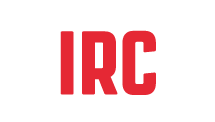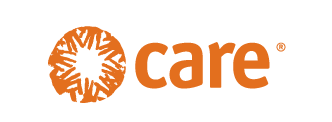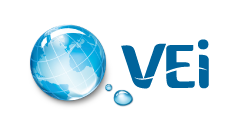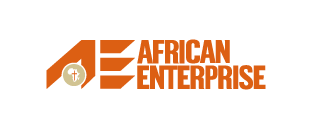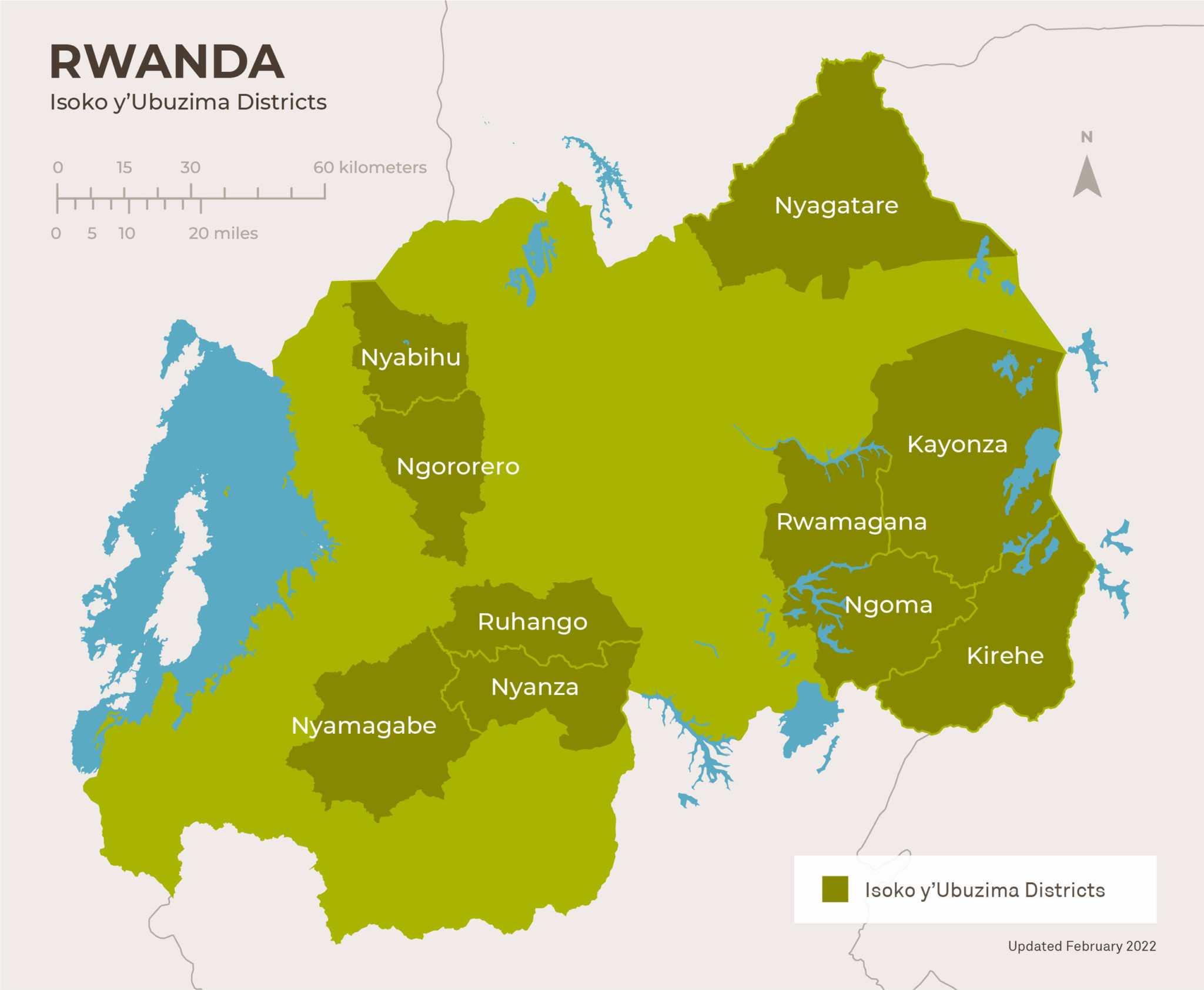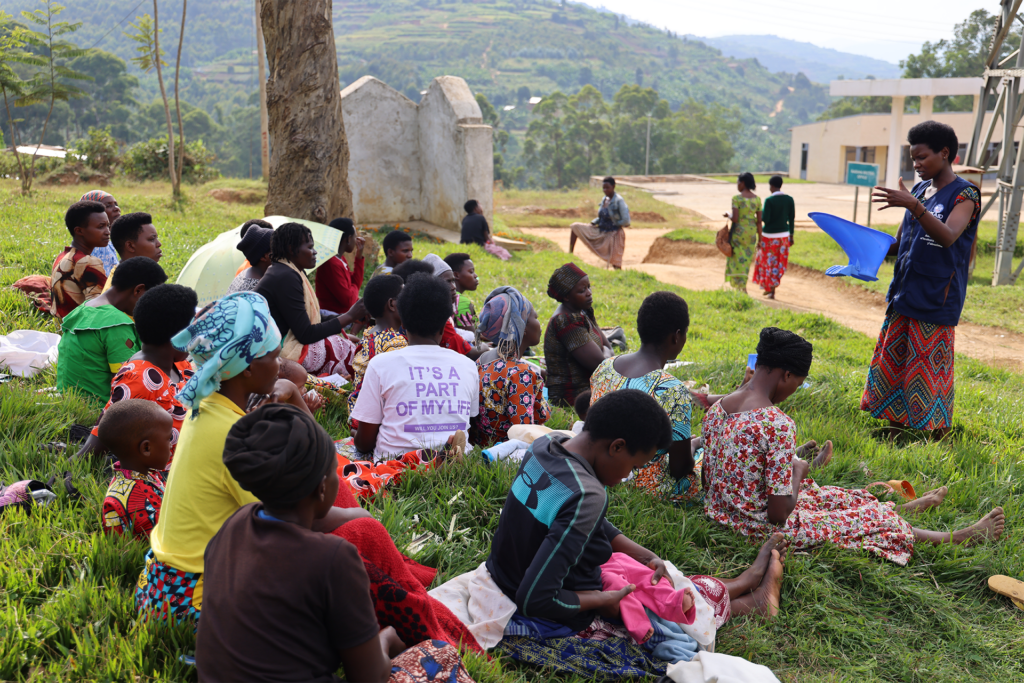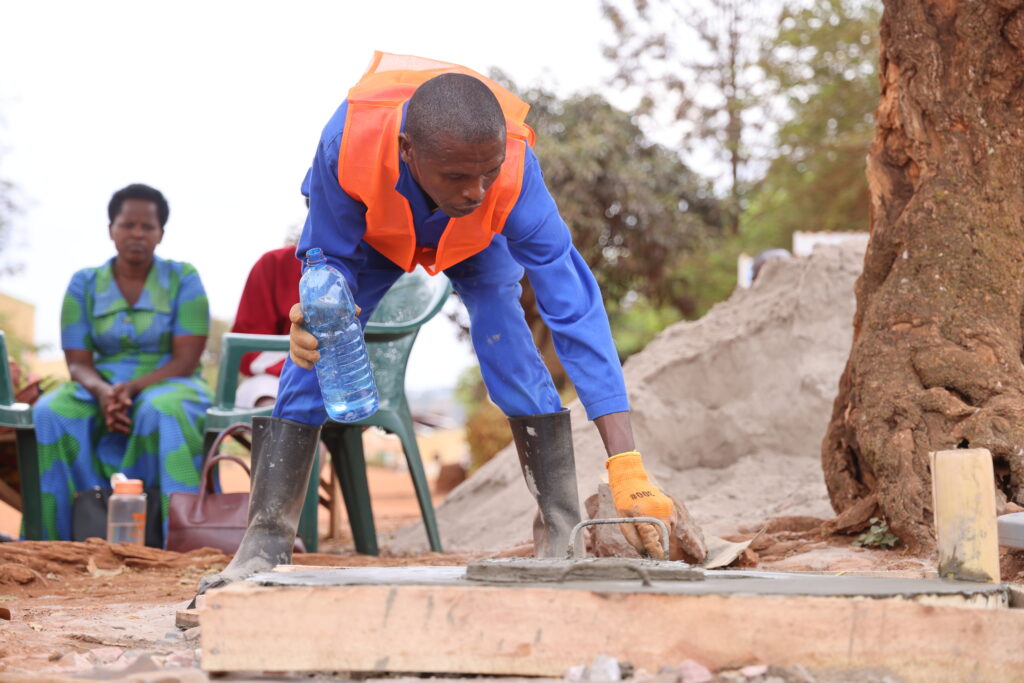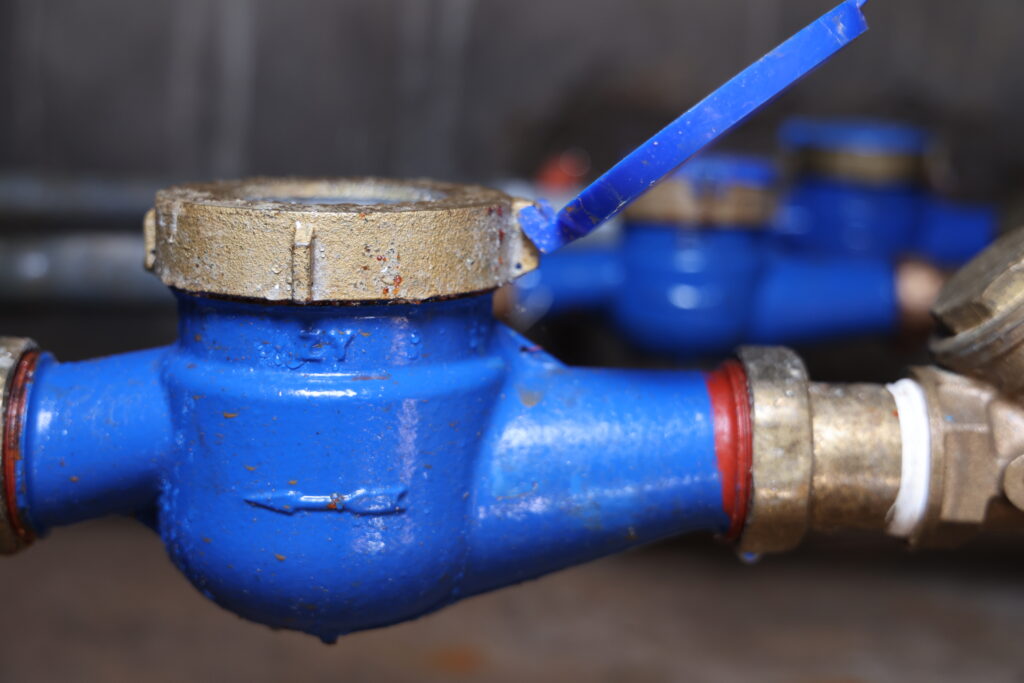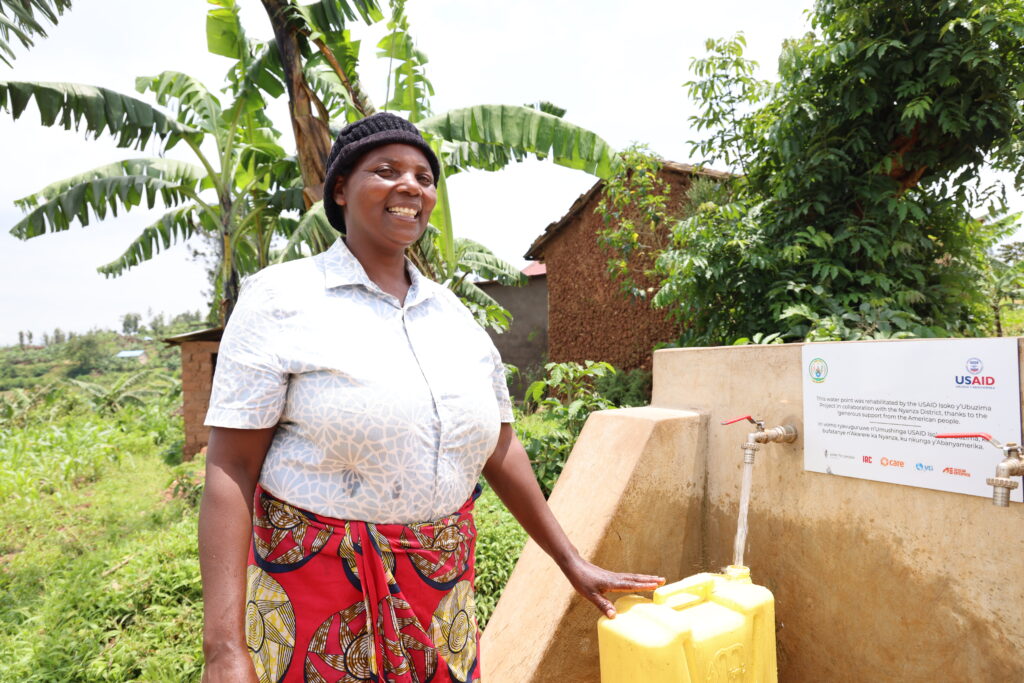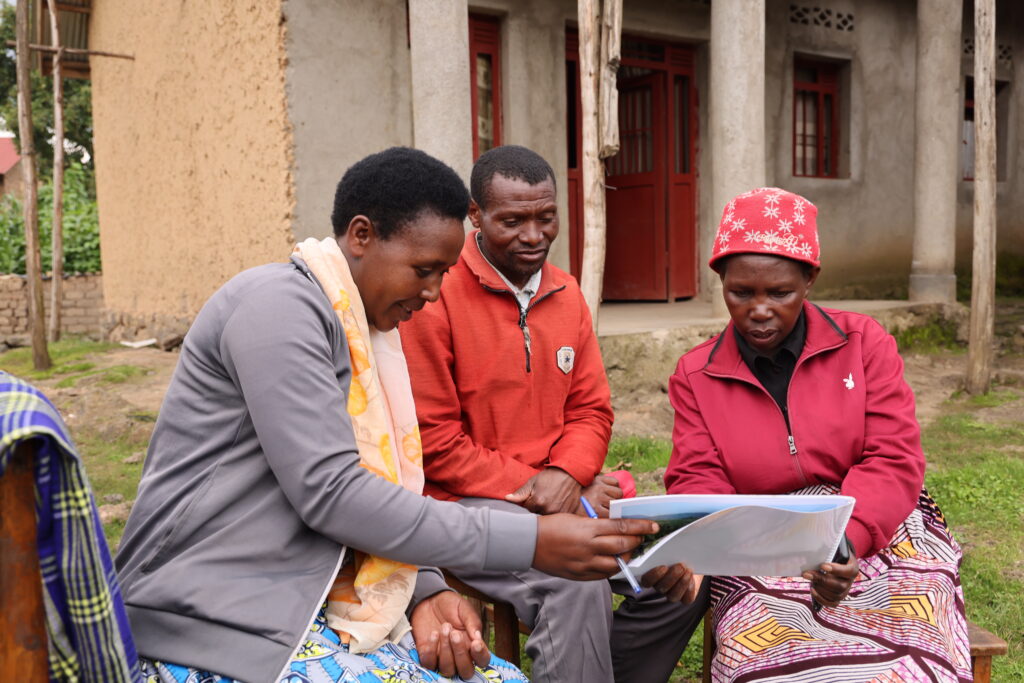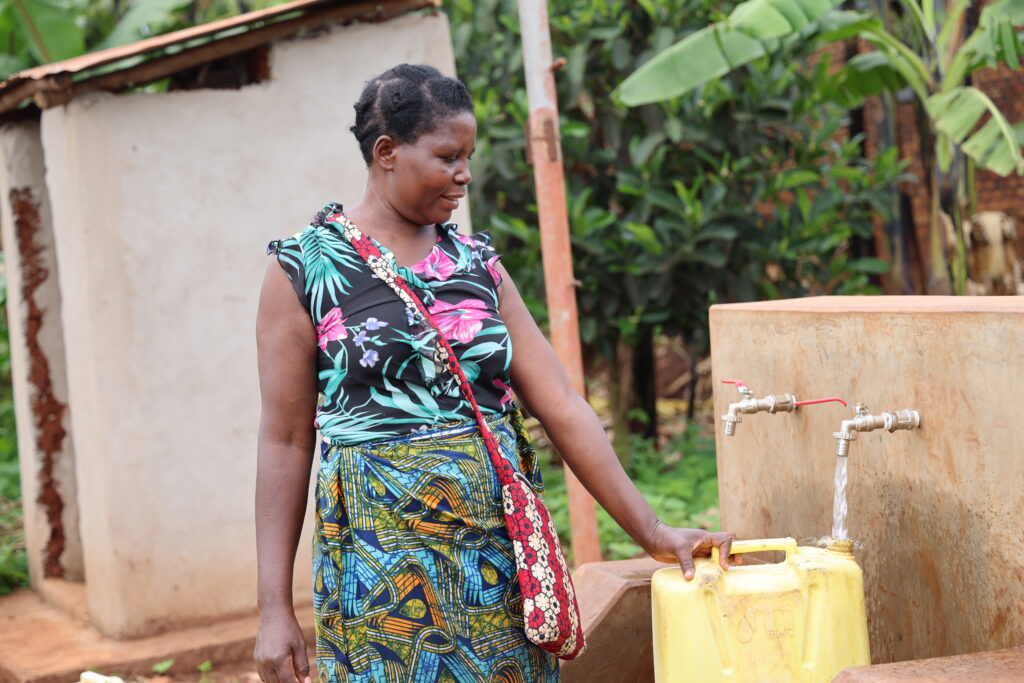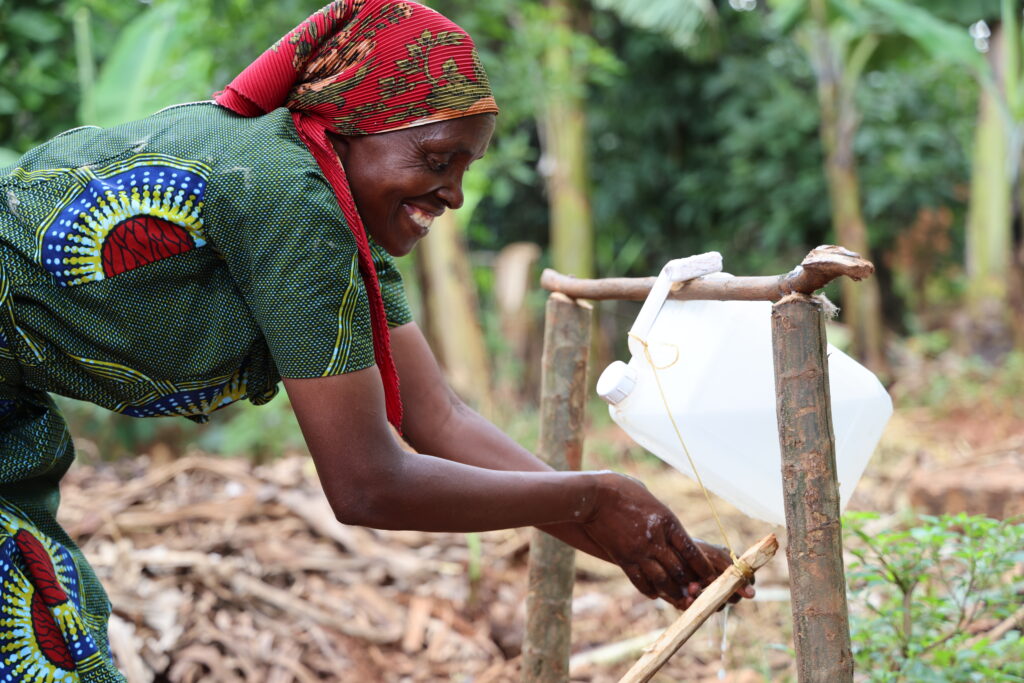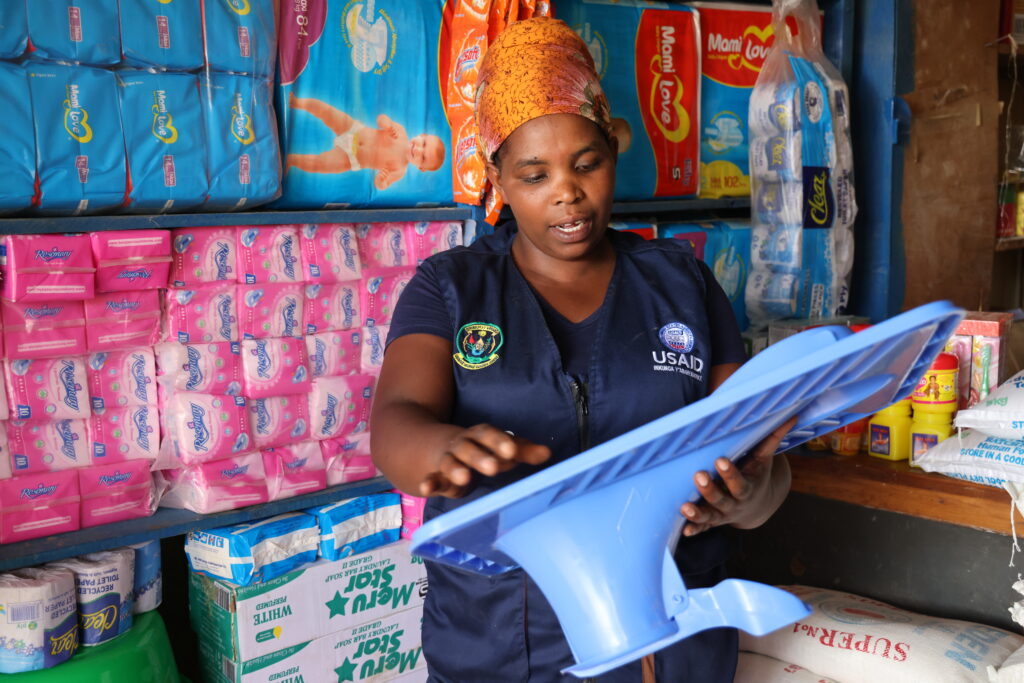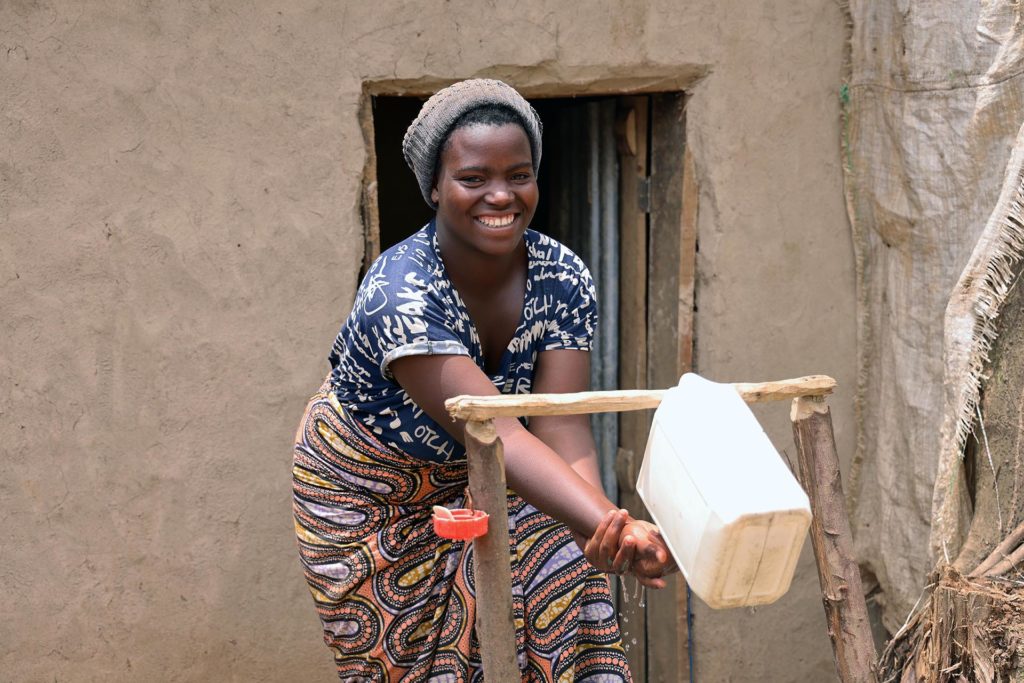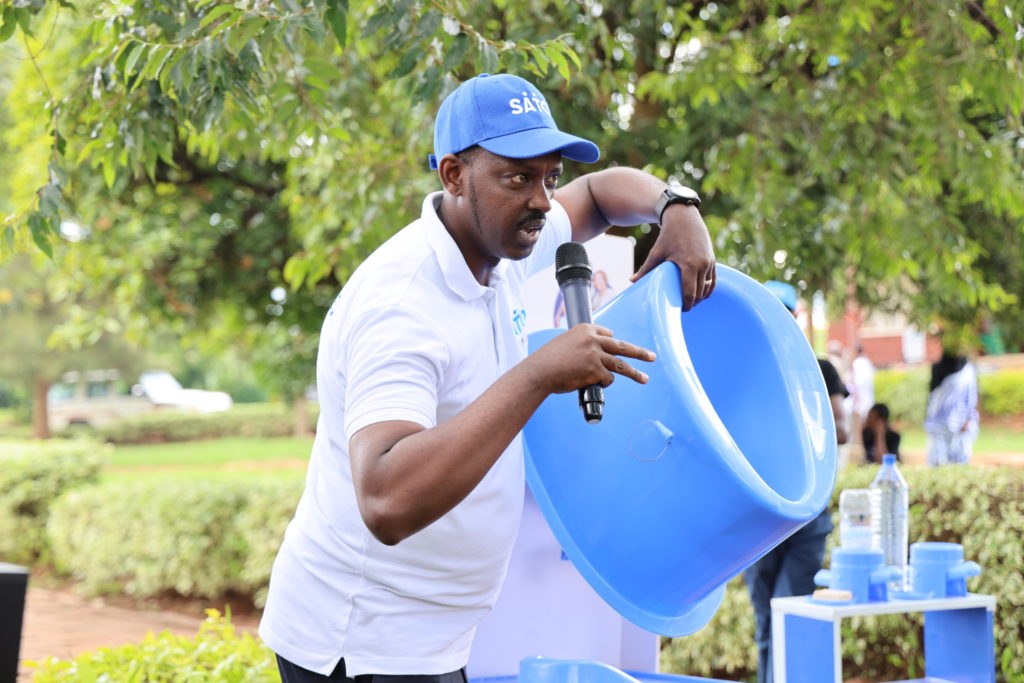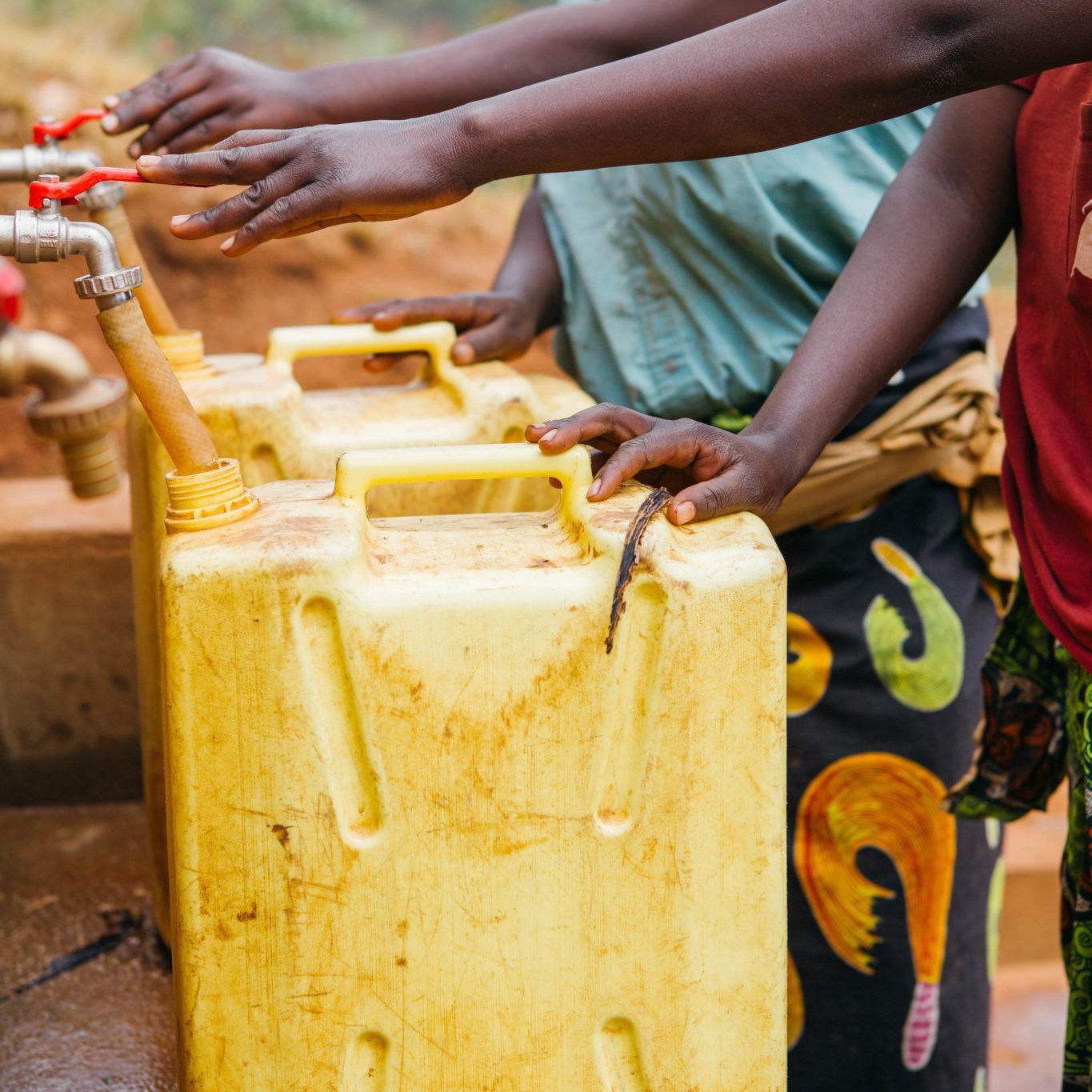
STRATEGIC OBJECTIVE 1
Improve WASH Governance
Strengthening the capacity of government and private sector to sustain water systems for 20 years, even 40 years.
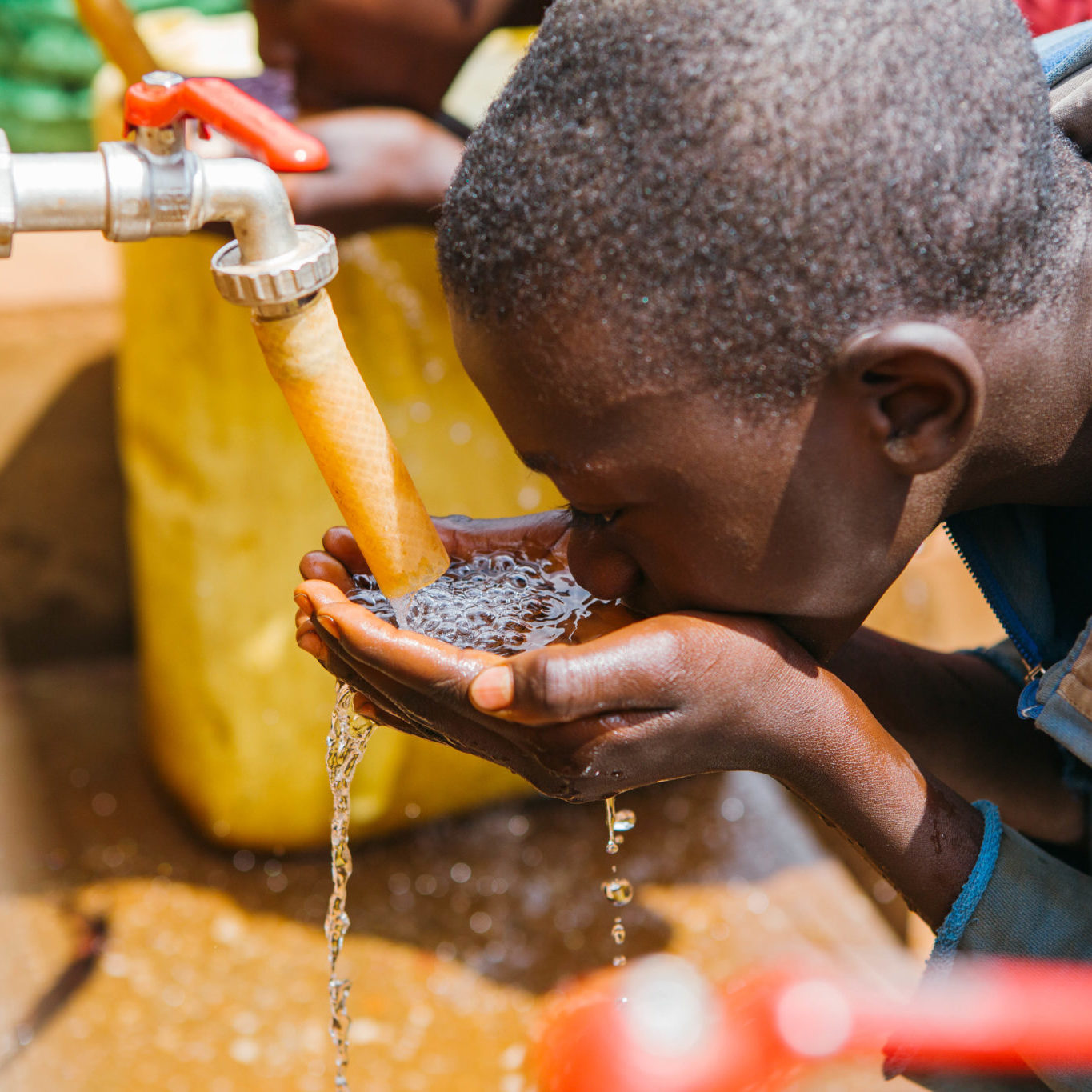
STRATEGIC OBJECTIVE 2
Improve drinking water services
Build the capacity of Private Operators to identify water losses and stop them and contribute to Non-Revenue Water reduction of 25% over the next 5 years.
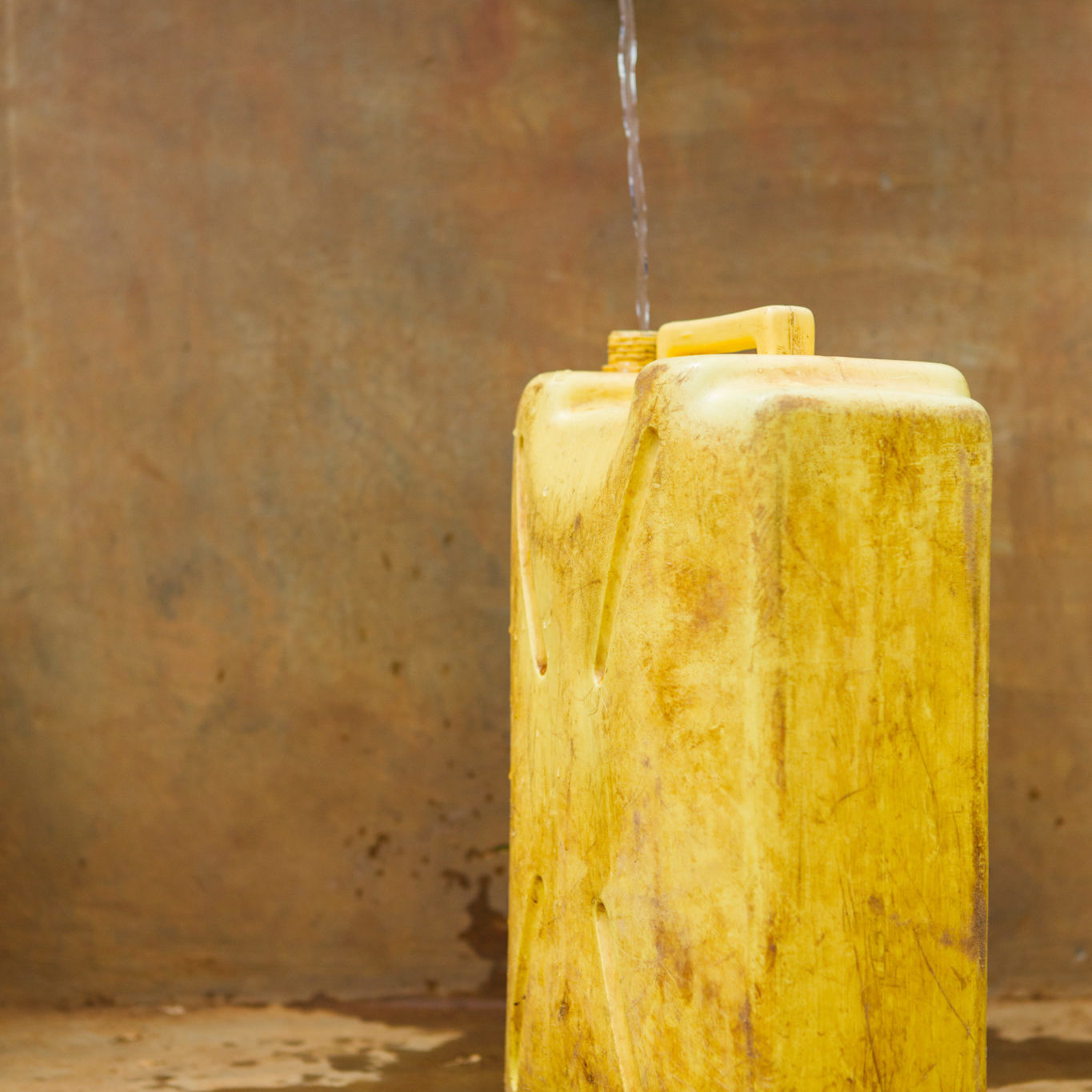
STRATEGIC OBJECTIVE 3
Improve sanitation and handwashing services and products
More Rwandans will have improved water and hygiene, and therefore greater protection against waterborne diseases, improved nutritional status, improved household economy, improved school attendance, etc.
WHO WE ARE
Isoko y’Ubuzima is a 5-year USAID-funded project implemented from July 2021 through July 2026 by a consortium led by Water For People to improve WASH service delivery. Other members of the consortium are IRC, Vitens Evides International (VEI), CARE International, and African Evangelistic Enterprise (AEE).
Isoko y’Ubuzima has a budget of $21,000,000 to channel the consortium experience in working closely with national and district governments, the private sector, communities, and realize improved water access for 100,000 Rwandans.
The implementation follows the District Wide Approach that was approved by the Ministry of Infrastructure and piloted in 5 districts, to ensure sustainable access to clean water for everyone. The District Wide Approach was born out of Water For People’s Everyone Forever Model, which seeks to bring sustainable WASH services to every community, school, and clinic in a district.
Currently, the approach is being rolled out to sustain major achievements under Isuku Iwacu, a USAID-funded program that was implemented by Water For People and SNV from 2016-2020.
Isoko y’Ubuzima will provide technical and financial support for the Government of Rwanda through 3 major strategic objectives which are:
• Improve WASH governance
• Improve drinking water services
• Improve sanitation and handwashing services and products
The overall Isoko y’Ubuzima goal is to increase and sustain equitable access to and use of safe drinking water and sanitation services. This will reduce families’ health, economic, and social burdens due to the lack of WASH services.
Targets
PROGRESS (2024)
Area of Interventions
0
People will gain access to basic drinking water services0
Will receive improved service quality from an existing basic or safely managed drinking water service0
People will gain access to basic sanitation services0
People gained access to basic drinking water services0
People received improved service quality from an existing basic or safely managed drinking water service0
People gained access to basic sanitation servicesWhat's New with Isoko y'Ubuzima?
FEATURED: Alleviating malnutrition and WASH challenges through innovative solutions
A family is widely recognized as the central and important social institution for healthy children and adults' growth and development. Improved nutritional status and health, access to clean water, basic toilets, adopting good hygiene practices, the inclusion of children with disabilities, and the wellbeing of children in general, and women of reproductive age are significant support families deserve to achieve a healthier society.
Rwanda and US launched 2 projects which will improve access to clean water and reduce malnutrition
RBANews #RBAAmakuru #Rwanda #RBAHafiYaweClick here to SUBSCRIBE : https://www.youtube.com/user/RwandanTV?sub_confirmation=1Follow us on Twitter: https://t...
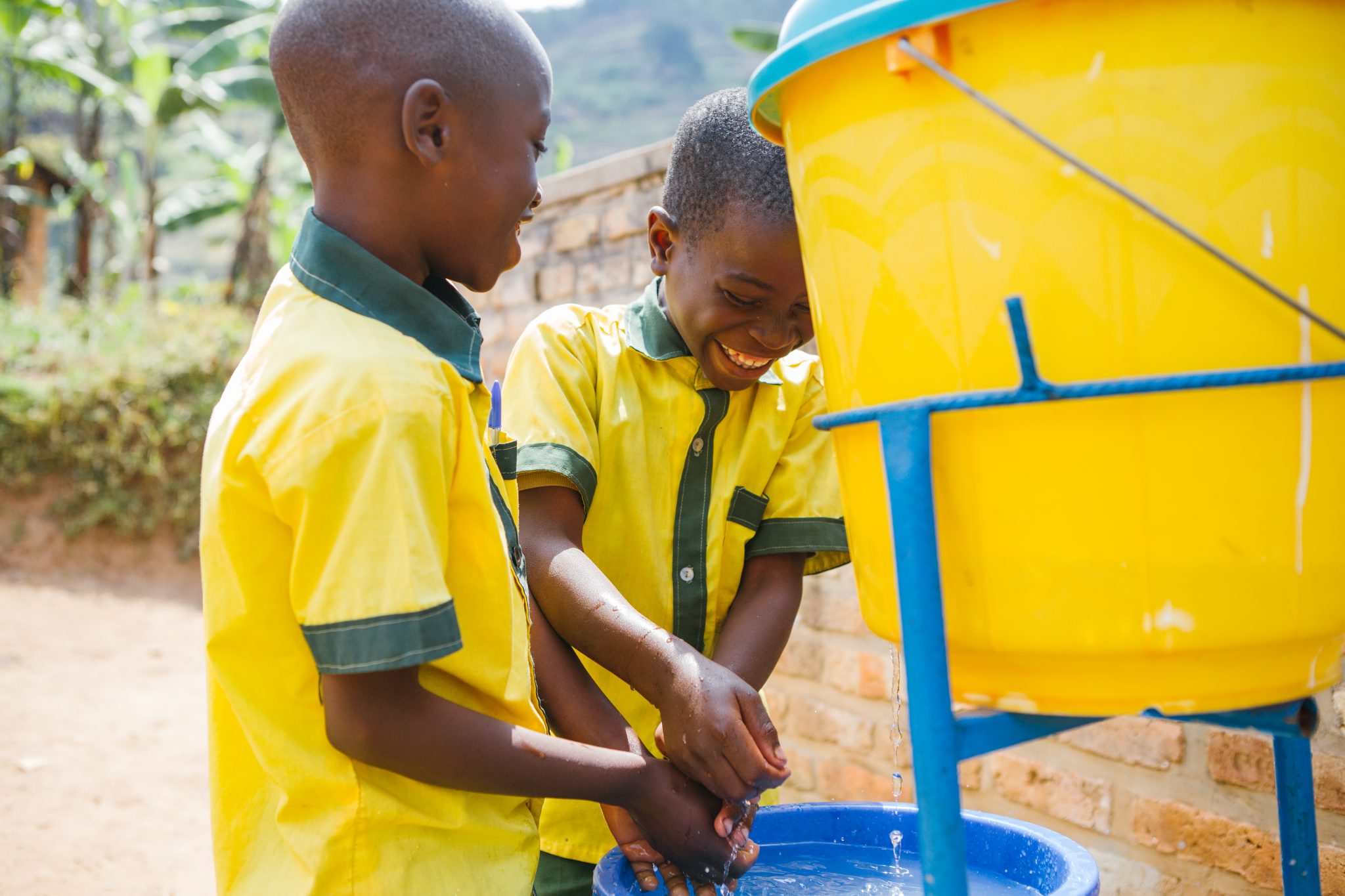
Current WASH Situation
The current WASH situation statistics are due in part to:
• Low access and willingness to invest in improvements in WASH facilities
• Low demand for improved sanitation and willingness to pay
• Lack of WASH coordination between central and local governments, absence of District WASH Investment Plans, and skilled WASH staff
What Do We Know?
With proper management, a water scheme can last an average of 20 years.
When water infrastructure needs to be repaired, the average cost is 30% of its original cost.
Non-Revenue Water is 42.2%. Water losses in the distribution networks are caused by leakages in the pipe networks, water theft, improper metering, and billing errors.
There was a loss of RWF 17.6 billion, which in turn could fund more than 704.9 km of new systems.
Low demand of WASH services is linked to an increase of health challenges, a special mention going to COVID-19 and diarrhea.
Going from 75.1% sanitation coverage to universal coverage needs a multisectoral collaboration.
Strategic Objective 1
Improve WASH governance
Strengthening the capacity of government and private sector to sustain water systems for 20 years, even 40 years.
Strategic Objective 2
Improve drinking water services
Build the capacity of Private Operators to identify water losses and stop them and contribute to Non-Revenue Water reduction of 25% over the next 5 years.
Strategic Objective 3
Improve sanitation and handwashing services and products
More Rwandans will have improved sanitation and hygiene, and therefore greater protection against waterborne diseases, improved nutritional status, improved household economy (fewer days lost from work and less spent on hospitals), improved school attendance, etc.
Gender, Equity, and Social Inclusion (GESI)
The Government of Rwanda’s GESI policy increased women’s participation in national decision-making, yet, this is not mirrored in district and community levels, where women-led structures could assist to realize improved WASH access for women.
Jointly with districts, Isoko y’Ubuzima will:
• Integrate strategies to cultivate political leaders as WASH champions and mainstream GESI
• Engage the National WASH Working Group to include the updated assessment’s GESI-related findings for an action plan on the GESI barrier, report progress, and actions annually, and convene the Chamber of Women’s Entrepreneurs to share findings for an action plan
• Raise awareness of Private Operators in the WASH sector on GESI issues to adapt and market their services to fit the needs
• Support women’s participation in the Forum des Exploitants Privés des Systemes d’Eau et Assainissement au Rwanda (FEPEAR)
• Using dialogue to address GESI norms that may undermine women, people with disabilities, and other vulnerable groups’ participation
• Provide capacity building and facilitate access to networks for women private operators through the Chamber of Women Entrepreneurs.
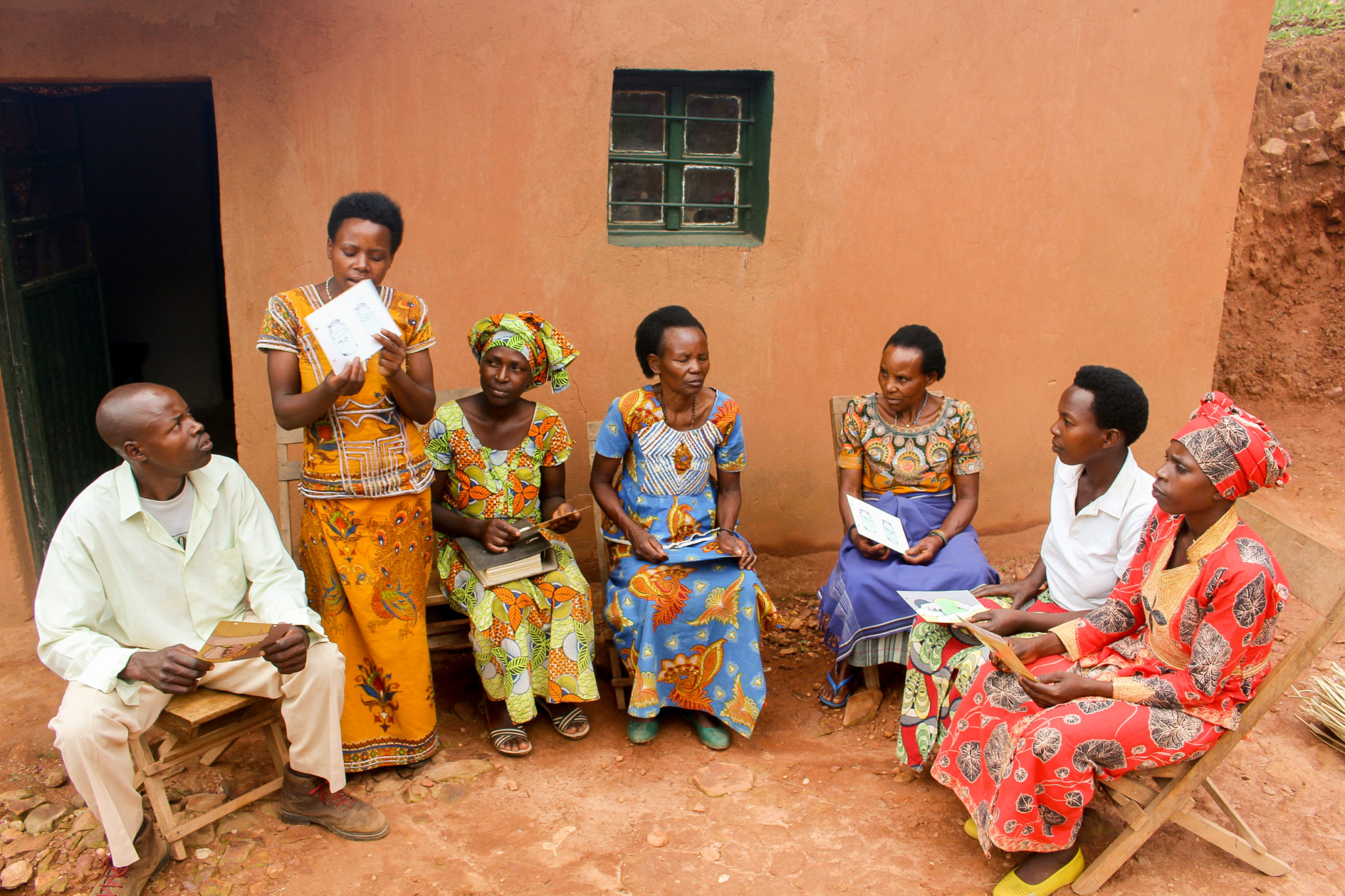
Want to learn more about Isoko y’Ubuzima?
Please contact us:
Water For People
Kigali Rwanda
Gasabo, Kacyiru
KG 7 Ave, Kigali, House # 54
Email: [email protected]
Telephone: +250 788 302 111



